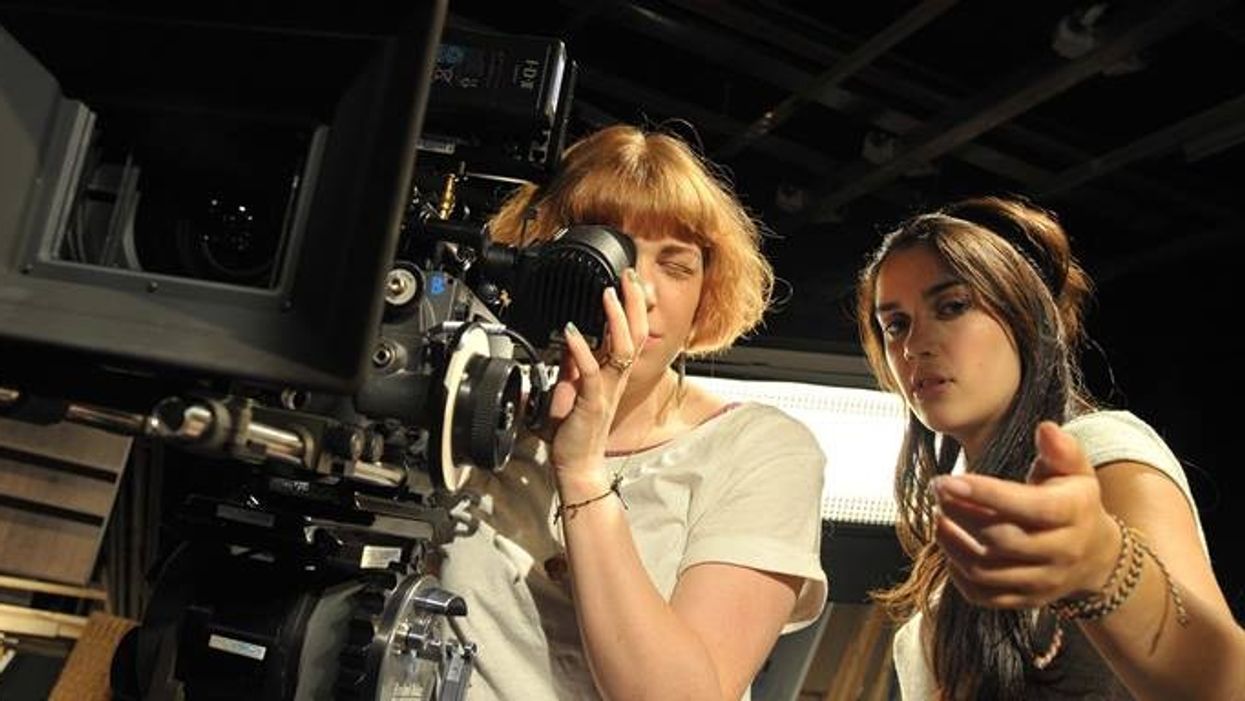Watch: 5 Pros and Cons of Going to Film School
Is film school worth all the time and money? Here are some reasons why and why not.

Film school: is it worth it? This is obviously a subject we've tackled many times over, making arguments both for it and against it. Despite the many good reasons out there to actually take the plunge and go, there are still those who prefer to opt out and get an excellent education from real-world experience and online. Conversely, despite the many individuals who claim film school is a waste of time and money, there are still those competing for a spot at any of the top film schools in the country.
If you're on the fence about whether or not film school is for you, this video from Aputure might help you solidify your decision by giving you five pros and cons of getting your film education at an accredited institution of higher learning.
Here are the five pros and cons mentioned in the video:
Pros
- Builds resourcefulness
- Networking
- Freedom to learn and explore
- Potentially affordable
- Well-rounded education
Cons
- The price
- The internet exists
- Too much structure
- Cameras are cheap and easy to use (no need to gain access to gear through a university)
- No guarantees of a job
Full disclosure: I went to film school. I got my degree in Cinema Studies several years ago and thoroughly enjoyed my experience. I don't thoroughly enjoy paying off my student loans or accepting that most of my education was available for free online, however. And that's the rub, right? If film school was free, surely more of us would be all for it because, as lovers of learning, we don't care where we get our education from as long as it's valuable and prepares us for a career.
And whether you go to film school or not, those two things can't really be guaranteed to us. There are certainly universities out there whose film programs are a bit behind the times and aren't offering quality instruction, and there are certainly free online resources, videos, and tutorials that are the exact same. Hell, even some real-world on-set experience can set you back if the producer, director, DP, or whoever you're working under doesn't follow industry standards and practices. (This is true mostly if you're working on a low-budget indie with people who don't know what they're doing—like I did.)
So, there's no way to really determine which educational path is the best for you. If you want to make connections and have the money (or are willing to pay back loans until you die), film school might be right for you. If you're broke and like cherry picking your curriculum based on what's most interesting to you, the internet is bursting with delicious cinematic knowledge. If your idea of learning doesn't include sitting in front of a computer browsing YouTube videos, then on-set experience has tons to offer you.
In the end, I think the answer to the great debate is: it depends. It all depends on who you are and what you need as a filmmaker. Just know that if you're unable to get into film school, that is not where your film education ends; it's where it begins.
Source: Aputure











